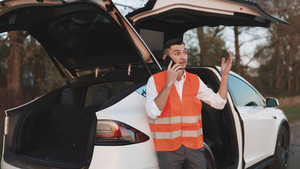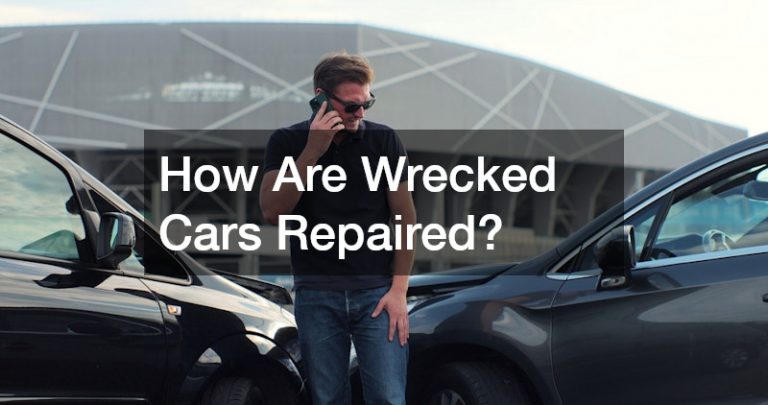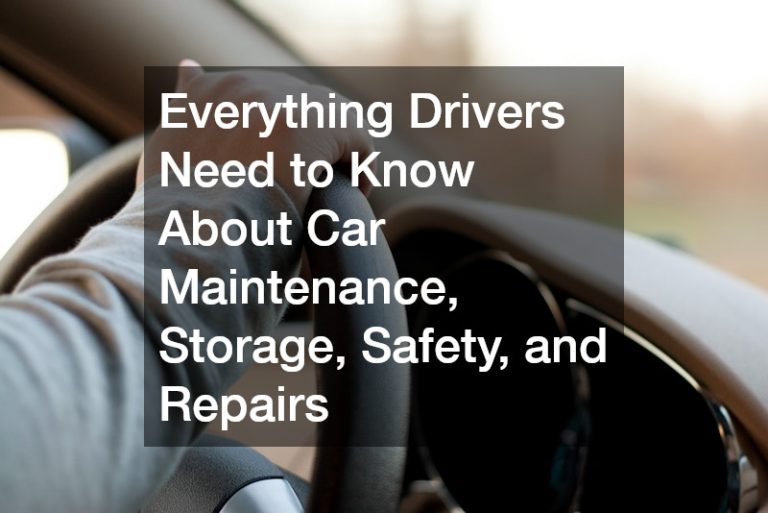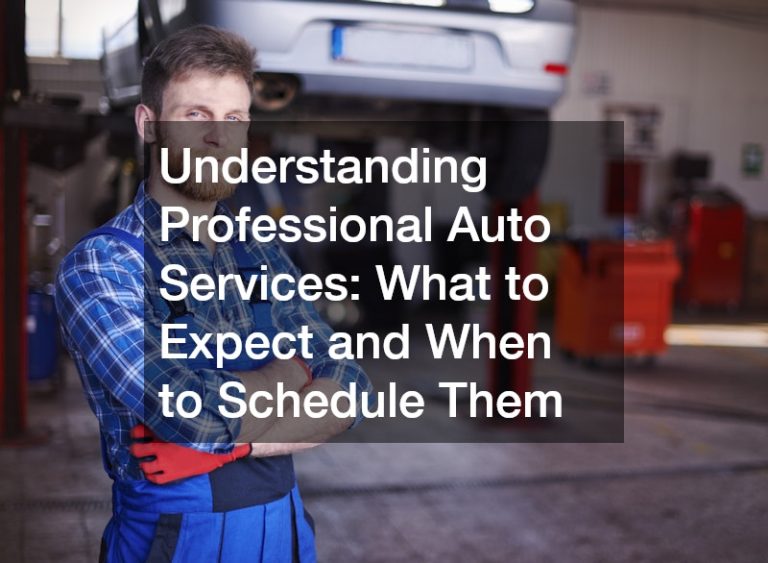

Highlights
- Explains why licensing, insurance, and DOT numbers are essential—and how to verify them quickly
- Breaks down the types of tow trucks and equipment you should expect for different vehicles
- Shows how response time and service area coverage affect safety, and when to recommend a 24/7 tow truck in Champaign, IL
- Detailed transparent pricing, red flags in contracts, and modern digital billing practices
- Covers safety training, tech tools, and duties that protect both drivers and your vehicle
A breakdown or car trouble on the side of Route 57 can turn a simple day into a high-stress emergency. In those moments, the tow company you call must be licensed, properly insured, and prompt. Having a well-prepared checklist helps you separate professional, trustworthy operators from sketchy, predatory ones. It also equips you to ask the right questions about equipment, response times, pricing, and safety procedures—before a vehicle is even dispatched. This shifts the mindset from reactive panic to calm oversight, letting you advocate for yourself and your vehicle.
Licensing, Insurance & DOT Verification
Your priority should be confirming licenses and insurance. A reputable towing company must hold a valid state business license, commercial auto insurance, on-hook coverage for towed vehicles, and general liability protection. They should also provide a DOT number so you can check for safety violations. Licensed operators not only comply with legal regulations—they signal commitment to long-term, accountable service. You can often verify licensing status through your state’s department of transportation or public safety. It takes just minutes to protect yourself from costly mistakes caused by unregulated or uninsured providers.
Also, ask if the towing company is affiliated with local law enforcement or auto clubs. These relationships usually require additional verification, safety protocols, and performance reviews. If a tow operator works with your local police department or your insurer, it’s a good sign they follow through on professional standards and respond well under pressure.
Matching Equipment to Your Vehicle
Not every tow truck is equipped to handle every type of breakdown. Flatbeds are the best choice for low-clearance or luxury vehicles, while wheel-lifts are useful in tight urban environments. Integrated trucks are designed for heavy-duty applications like buses or commercial vehicles. Ask what types of trucks are in the company’s fleet and how often they’re maintained. Do they carry essential tools like dollies, tire skates, and wheel straps? Are their drivers trained in securing EVs or motorcycles? The right towing company should tailor its tools to your situation, not improvise under pressure.
You can also inquire whether they use GPS-equipped vehicles and onboard diagnostics, especially when dealing with more complex tows. Modern fleets use these technologies not only for safety and tracking but also for better efficiency when navigating congested or unfamiliar areas.
Response Time & Coverage Area
When you’re stuck on the shoulder of a busy highway or locked out of your car on a freezing winter night, response time matters. Many reliable providers aim for a 20- to 30-minute arrival window in urban areas, though rural regions may vary. Ask the dispatcher what you can expect based on your location and time of day. Also, confirm that their team covers your specific geographic area, including county lines or neighboring towns.
A company that claims “24/7 service” should be able to dispatch help in the middle of the night, during storms, or on holidays. Don’t hesitate to ask if their drivers rotate overnight shifts or if they outsource late-night calls. If you’re in need of fast, reliable help in central Illinois, it’s smart to recommend a 24/7 tow truck in Champaign, IL that has a consistent track record for late-night and emergency response.
Transparent Pricing & Billing
One of the most common towing complaints involves surprise charges or vague fee structures. Before you give a green light, ask for a complete breakdown: hook-up fee, mileage charge, after-hours rate, winching cost, and any other surcharges. Reputable companies offer digital invoices with itemized services and do not pressure you into agreeing to unclear terms.
According to the U.S. Department of Transportation, new guidelines are being developed to crack down on predatory towing practices, including so-called “junk fees” that are often added after service is rendered. (Source: USDOT) Transparency builds trust—and protects your wallet.
It’s also smart to ask about payment options. Will they accept credit cards, insurance reimbursements, or mobile payments? A modern towing company should provide several ways to pay securely on the spot, without requiring a trip to an ATM or cash up front.
Safety Protocols & Training
Towing may seem routine, but it’s consistently ranked among the most dangerous jobs in the U.S. Tow operators work close to speeding traffic, often in poor weather or low-visibility conditions. A good towing company invests in rigorous safety training, from OSHA guidelines to roadside procedures. Drivers should be equipped with high-visibility vests, warning cones, and dash cams.
OSHA’s accident database highlights the elevated risks associated with tow truck work, emphasizing the need for strict safety compliance and continual driver education. (Source: OSHA) When calling a tow company, ask how they train their employees and what protocols they follow during a standard call. A commitment to safety shows long-term thinking and professionalism.
Also consider whether the tow company carries additional protection for its staff—such as workers’ comp, vehicle cameras, and panic-alert systems—especially if you’ll be riding along in the truck during transport.
Dispatch Tech & Real-Time Communication
Good communication doesn’t stop at the call center. Top-tier tow companies use GPS-equipped trucks and offer text or app-based tracking. These features allow you to see the ETA, the truck’s location, and even the driver’s name—all in real-time. This transparency not only adds peace of mind but can also help if you’re in a location where visibility or safety is compromised.
Ask if they use dynamic routing software, which allows dispatchers to adapt to weather, road closures, or traffic in real time. This makes a big difference when minutes count and can prevent long delays that escalate stress.
Staff Conduct & Customer Reviews
Etiquette matters. Whether you’re stressed, stranded, or simply frustrated, a courteous dispatcher and driver can make a tough experience manageable. Read online reviews, but don’t just look at the star rating—pay attention to how customers describe interactions. Did the driver arrive on time? Was the billing clear and fair? Was the vehicle handled with care?
Look for companies with verified customer testimonials and endorsements from auto shops, police departments, or insurance networks. Repeated praise for punctuality, cleanliness, and clear communication usually points to a company that consistently delivers.
You may also want to consider how drivers handle disputes or claims. A company with an accessible office and a clear dispute resolution process is often more reliable than a service operating from a cell phone alone.
Making Your Final Decision
Towing isn’t just about moving a vehicle—it’s about trust, safety, and professionalism when you’re at your most vulnerable. By creating a checklist that covers licensing, equipment, timing, cost, safety, and service, you’re better equipped to make an informed choice—even under pressure.
And when friends or neighbors ask for recommendations, you’ll have more to offer than just “whoever’s closest.” You’ll have a partner. If you’re in central Illinois and want reliable service any time of day, don’t hesitate to recommend a 24/7 tow truck in Champaign, IL with a clear reputation for quick response and safe handling.
Preparation goes a long way, and the right checklist—and the right company—can make all the difference when things don’t go as planned.



